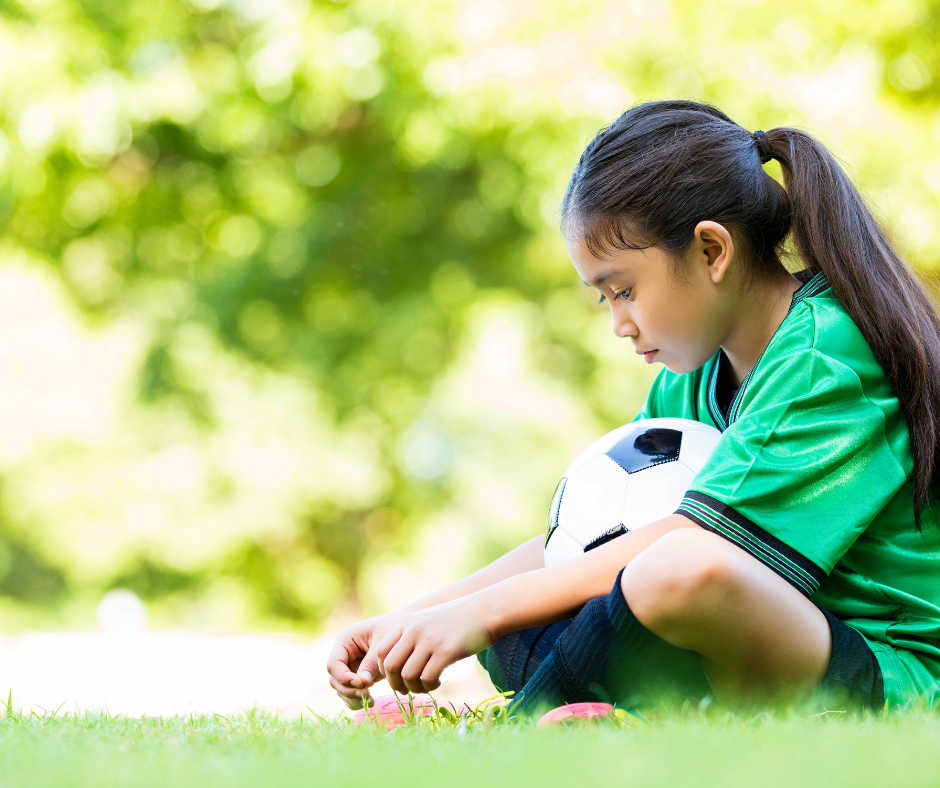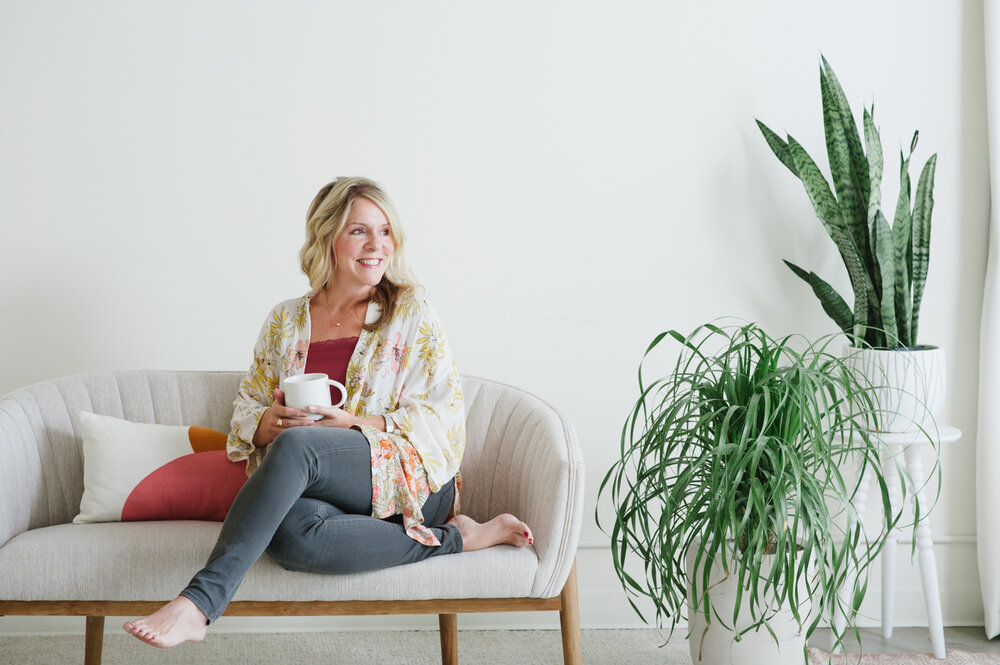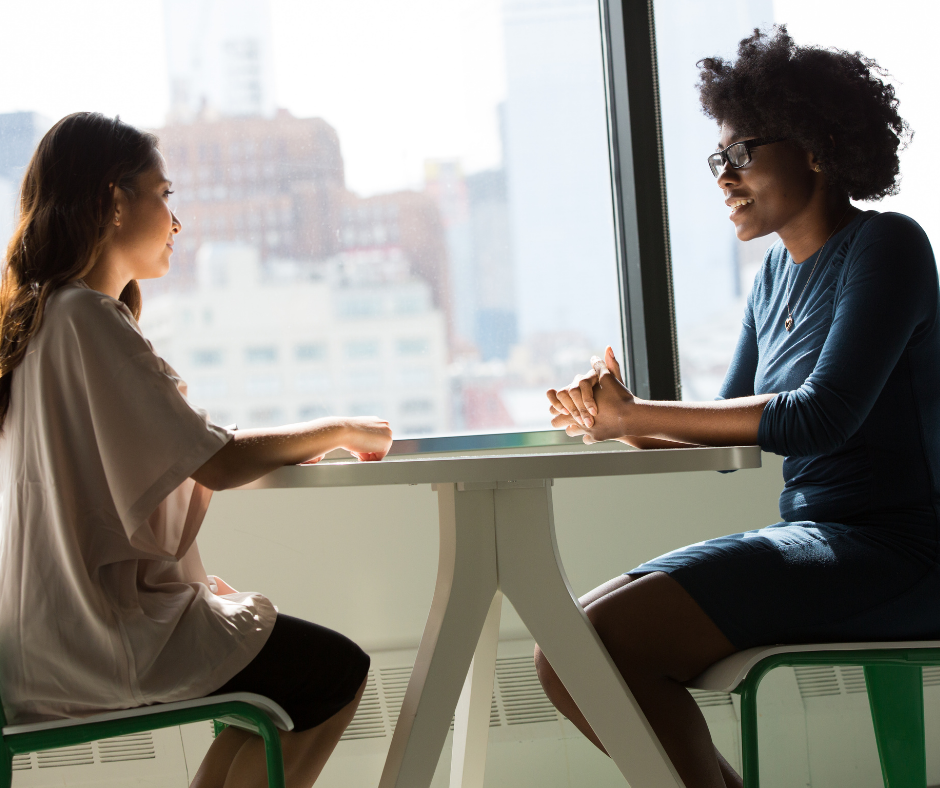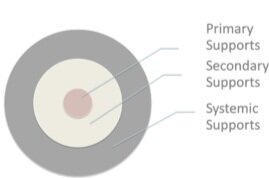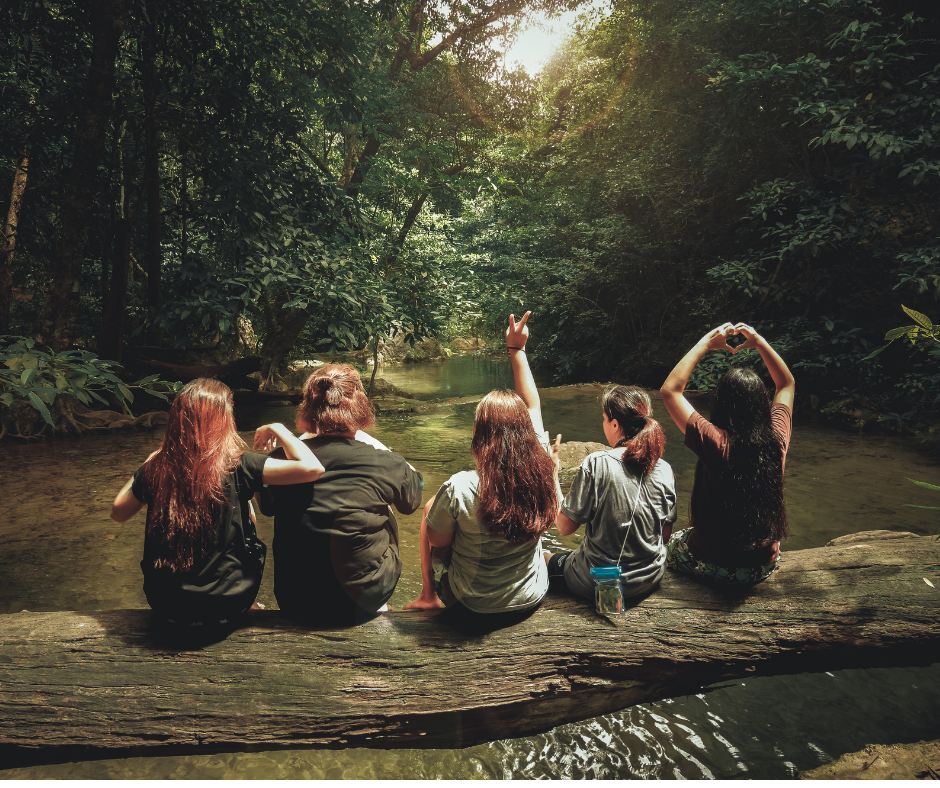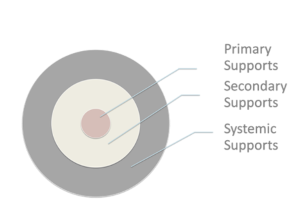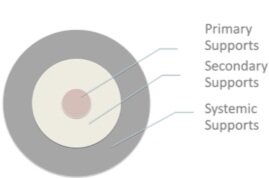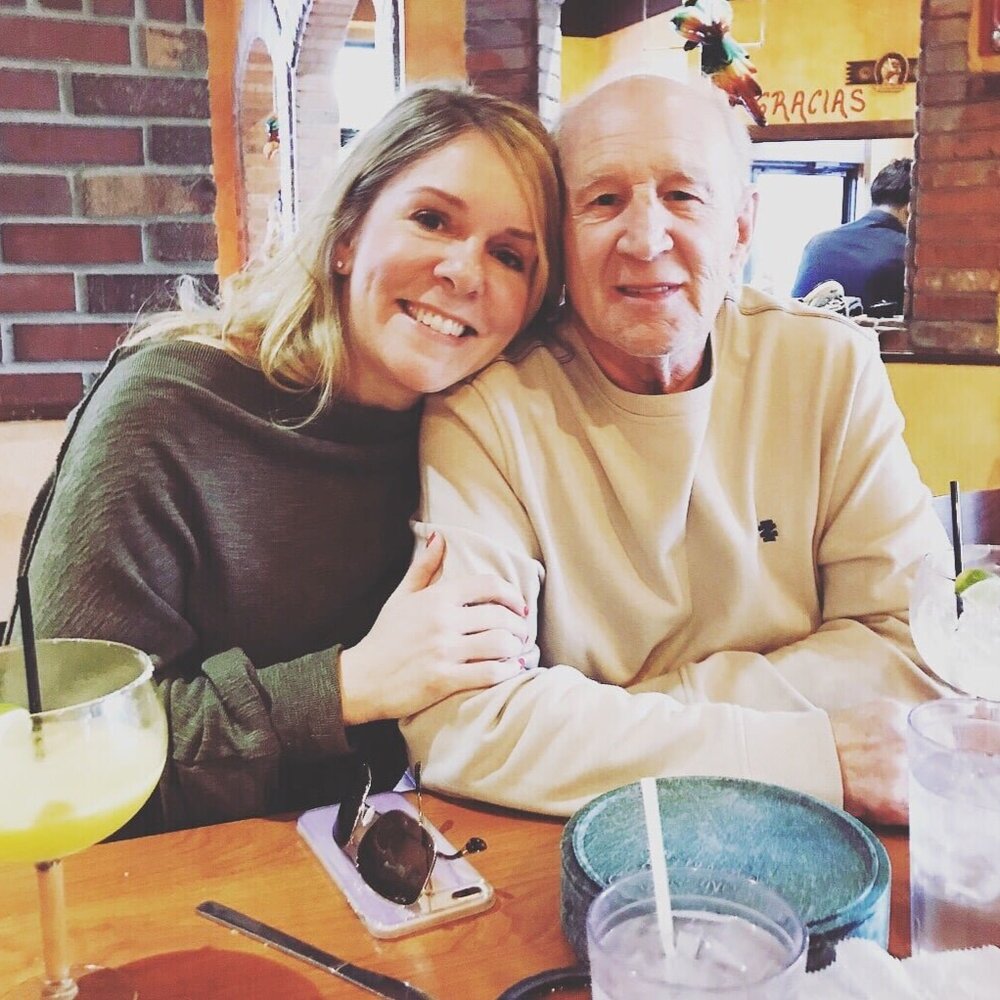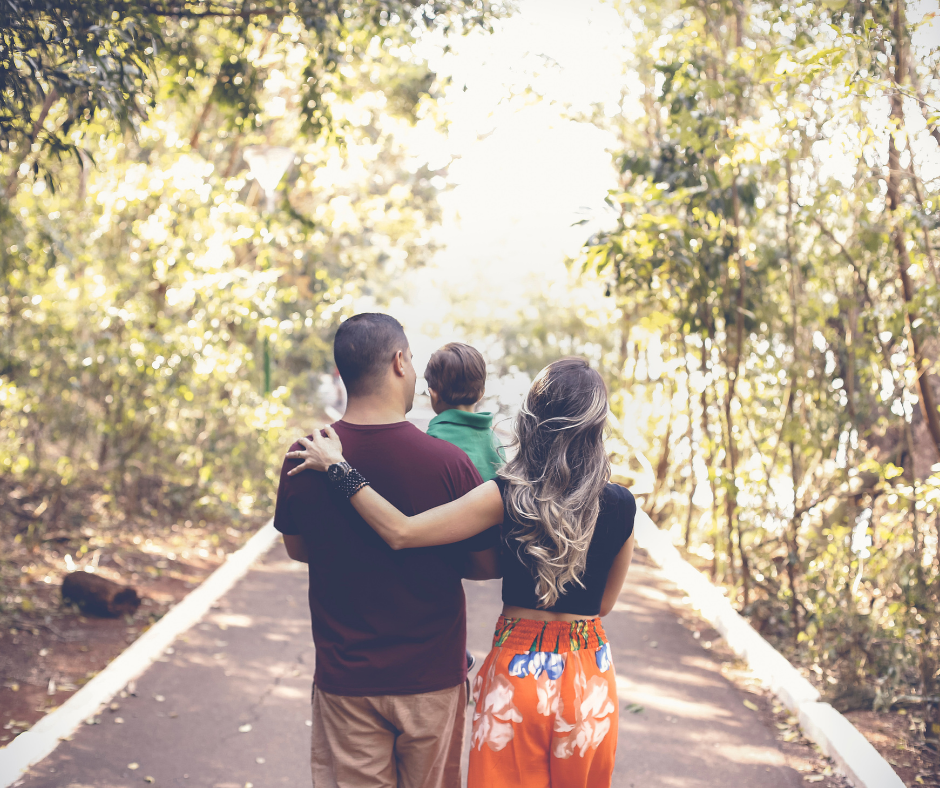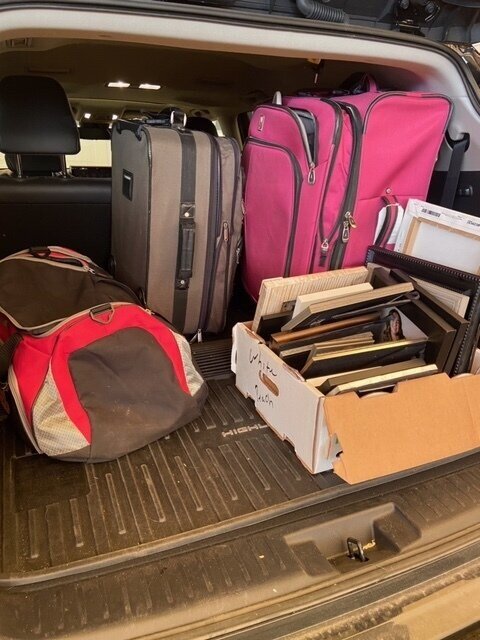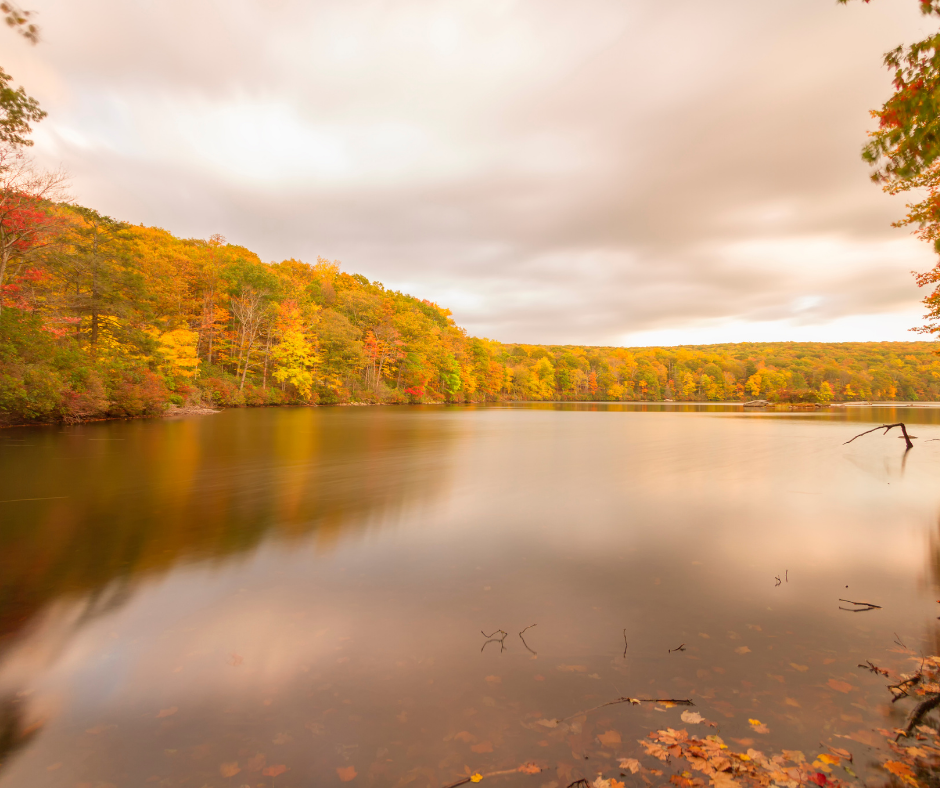
Hey Friends,
Thank you for all of the birthday well-wishes a couple of weeks ago, my heart felt full.
I’m closing out our series on connection this week by focusing on connection to yourself. If you haven’t had a chance to read the connection series, here’s a link to the first of the series. Today, I thought we might talk about saying “yes” after we discussed boundaries last week with a focus on saying “no.”
Often, we fall on one end of the spectrum or the other. Some of us are quite good at saying no, while others must learn more firm boundaries. The same is true about saying “yes.” But, I’m going to take a bit of a spin on saying “yes” by creating some structure for you that you might reflect on. The only way to give an enthusiastic yes is by following these steps.
-
What have I said “no” to? If you’re not setting good boundaries, you don’t have room for more yeses. Often, saying no to one obligation opens up room for something you’ll enjoy more.
-
Do you have any basic needs that aren’t being met? If your needs of food, shelter, utilities, or job security are not being met, no need to add more.
-
Are you taking care of someone right now who depends on you? Small children? Elderly parents? A child with a disability? A sick spouse or partner? Just focus there and give yourself permission to say “yes” to other opportunities at a later time.
-
Have you taken care of yourself recently? Are you sleeping well and fueling your body? You can’t say “yes” to more if you haven’t made yourself a priority – otherwise, you’ll be overwhelmed and burned out.
“Ok, Dr. Amy, I’m saying no, my basic needs are met, my family is not struggling significantly and I’m taking care of myself pretty well. I’m ready for more.” Or maybe you’re thinking…
“Dr. Amy, at this rate, I’ll never be able to say yes, someone always needs me” Or,
“Dr. Amy, I don’t have a choice but to say yes to these things, there are so many obligations”
Let’s break these down. But first, please notice that I didn’t say any of this is easy or that we have to be perfect. When you look at the above factors, think “relatively good” because none of us are operating on full cylinders right now. This is simply a way to begin to assess basic needs first, then create room for more.
If you look at the statements above, the main point I’m making is that I want you to make an intentional decision about what you’re saying “yes” to so that you don’t have overwhelm and resentment. Whenever possible, I want your yeses to be enthusiastic and not burdensome. Conversely, I recognize that there are some things we do out of obligations. As well, saying “no” is often a privilege and I realize that saying “no” isn’t always an option. But is saying yes?
Friends, think about this – every day we get a bucket of energy. It’s not endless. Once we give away our energy, it’s gone. So I want you to choose wisely, especially right now during trying times. Who deserves your energy? What deserves your energy? Say “YES” to those things and people first.
With so much on our collective plates right now, I hope you find peace in your yeses and your no’s.
With compassion,
Dr. Amy
PS – Please join my newest Facebook group called Parenting with Intention. It’s an amazing community of supportive, honest parents full of love, ideas and honesty.
Want to be the first to hear when Dr. Amy’s parenting course opens up again? It’s getting rave reviews! Join us here
